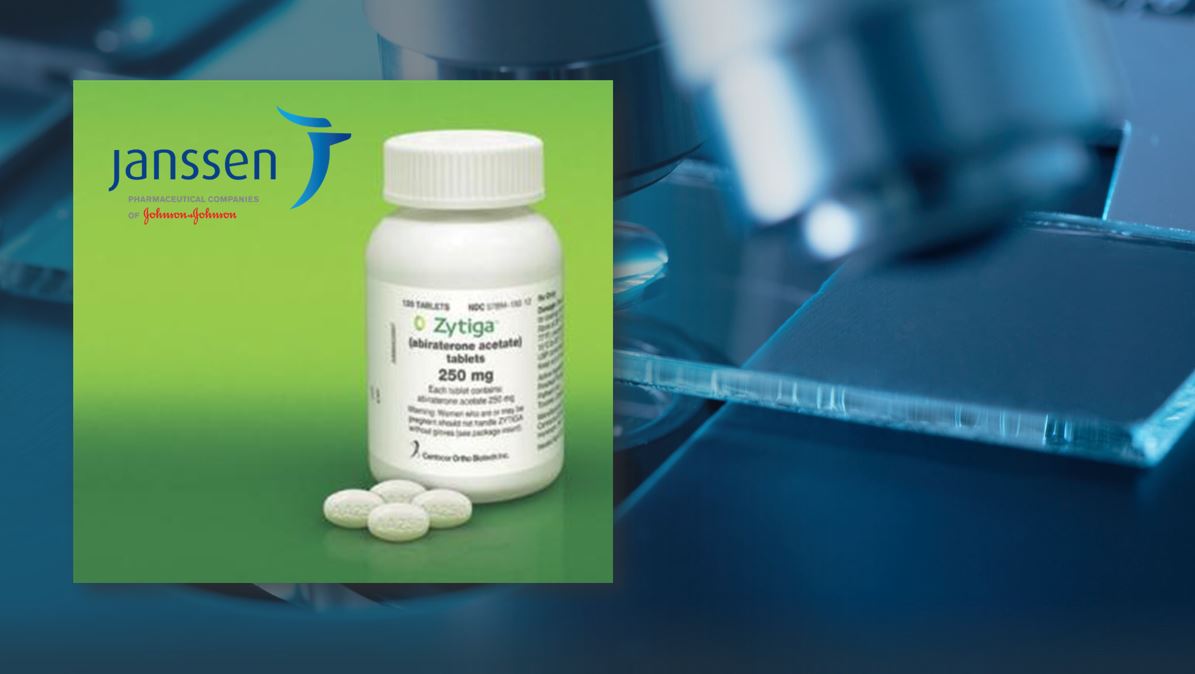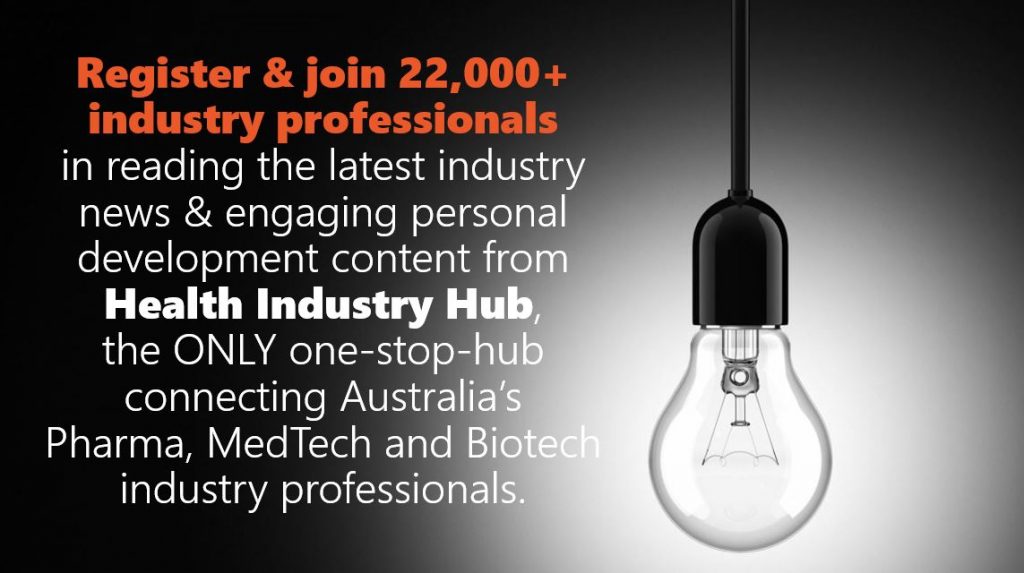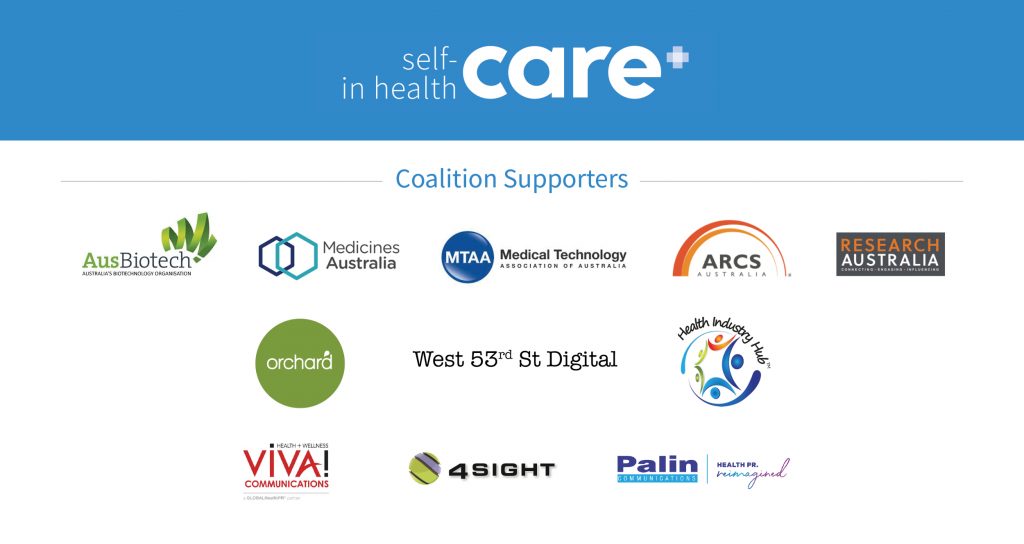News & Trends - Pharmaceuticals
Novel formulation to transform Janssen’s prostate cancer therapy

Pharma News: Developed by Professor Clive Prestidge’s Nanostructure and Drug Delivery research group at UniSA’s Cancer Research Institute, the breakthrough discovery uses an oil-based oral formulation that not only enables a smaller dose of the drug to be effective, but also has the potential to dramatically reduce possible side effects.
Despite Janssen-Cilag’s Zytiga (abiraterone acetate) being the leading formulation to treat prostate cancer, lead researcher, Dr Hayley Schultz says the new formulation will ultimately provide a better treatment for patients with prostate cancer.
Prostate cancer is the most commonly diagnosed cancer in men, with one in six at risk of diagnosis before the age of 85.
In 2019, more than 19,500 cases of prostate cancer were diagnosed in Australia. Globally, prostate cancer cases reached 1.28 million in 2018.
“Many drugs are poorly water soluble, so when they’re ingested, they enter the gut but don’t dissolve, which means that their therapeutic effect is limited,” Dr Schultz says.
“This is the case for Zytiga. Here, only 10% of the dose is absorbed, leaving the other 90% undissolved, where it simply passes through the body as waste.
“On top of this, patients taking Zytiga must fast for two hours prior to taking the drug, and another hour after taking the drug to achieve predictable absorption. And as you can imagine, this can be painstakingly inconvenient.
“Our new formulation changes this. By using oils to mimic pharmaceutical food effects, we’re able to significantly increase the drug’s solubilisation and absorption, making it more effective and a far less invasive treatment for patients.”
The new formulation uses very high levels of abiraterone acetate dissolved within a specific oil and encapsulated within porous silica microparticles to form a powder that can be made into tablets or filled into capsules. Applied to human treatment, it could reduce the dose from 1000mg to 700mg per day, without the need for fasting.
Prof Prestidge says if the team can secure funding, clinical trials in humans could be just two years away.
“Based on our knowledge of this drug’s pharmaceutical food effect, we hypothesise its absorption in humans will be extensively improved using this technology”, Prof Prestidge says.
“Anything we can do to contribute to the development of a commercialised product to improve the lives of patients, is invaluable.
“This novel formulation is flexible enough to be adopted by thousands of different medicines; its potential to help patients of all kinds is exponential.”
News & Trends - MedTech & Diagnostics

Bariatric surgery trumps Novo Nordisk’s Wegovy in cost-effectiveness and durability
MedTech & Diagnostics News: Bariatric surgery emerges as cost-effective, boasting superior and enduring weight loss outcomes over a five-year span […]
MoreNews & Trends - Pharmaceuticals

Aussie digital health company hits new milestone in AstraZeneca partnership
Pharma News: Fewer than 50% of asthma patients adhere to their prescribed preventative medications. An Australian digital health company has […]
MoreDigital & Innovation

Medical drone to reduce health equity gaps in rural and remote Australia
A specialised medical drone which increases accessibility to essential health services such as pathology, medicines, and telehealth services in rural […]
More

